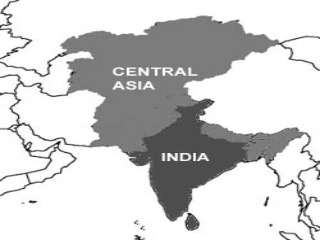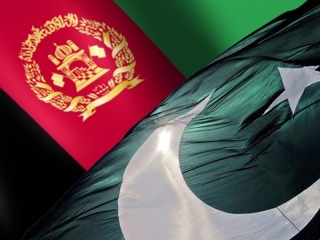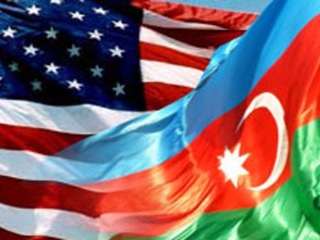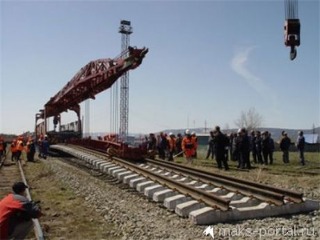India's Challenges in Central Asia
By Stephen Blank (the 08/01/2014 issue of the CACI Analyst)
As India enters 2014 it faces multiple and mounting security challenges in Central Asia, which originate first of all in Afghanistan and second in Iran. The impending U.S. and NATO withdrawal leaves India as the most exposed foreign power supporting Afghanistan, which few believe can survive without continuing large-scale allied support and at least some military presence. The U.S. withdrawal, which might be accelerated if no Bilateral Security Agreement (BSA) is signed between Washington and Kabul, would expose India to the risks of intensified fighting in Afghanistan. Pakistan’s belief that India’s presence there represents a threat also exposes India to further terrorist onslaughts, particularly by forces trained and supported by Pakistani military and intelligence agencies.

Pakistan's New Strategic Leadership and the Afghanistan Situation
By Naveed Ahmad (the 08/01/2014 issue of the CACI Analyst)
Pakistan’s third-time Prime Minister Nawaz Sharif has appointed a new Chief of Army Staff replacing former President Pervez Musharraf’s handpicked man, General Ashfaq Pervez Kiani. The elevation of General Raheel Sharif made global headlines primarily due to the country’s nuclear capability and its military’s tendency to intervene in politics through overt coup d’états. General Sharif, however, assumes leadership of the world’s sixth largest military at a time when NATO troops are in a process of withdrawing from Afghanistan after a presence lasting over a decade. Despite Pakistan’s improved democratic credentials, the leverage of its army chief on policies towards Afghanistan and India is likely to remain as decisive as it has ever been.

“CACI Analyst, November 27, 2013”
The Strategic Context of U.S.-Azerbaijan Relations after the Presidential Elections
By Mamuka Tsereteli (the 27/11/2013 issue of the CACI Analyst)
On October 9, 2013, Azerbaijan held presidential elections and incumbent president Ilham Aliyev was re-elected for another five year term. The OSCE ODIHR observer mission, as well as the U.S. government, issued critical statements about the conduct of elections by Azerbaijani authorities that created tensions in Azerbaijan’s relationships with Western allies. Issues of concern need to be addressed, but they should not disrupt Western engagement and critical support for Azerbaijan’s sovereignty against the backdrop of assertive Russian policies to limit the Western presence in the broader Eastern European and Central Eurasian Space.

The Turkmenistan-Afghanistan-Tajikistan Railroad Project: The Prospects of the New Silk Road
By Oleg Salimov (the 27/11/2013 issue of the CACI Analyst)
The challenges of economic development and regional integration in Central Asia have given rise to a number of projects in various spheres. Among these, the “Turkmenistan-Afghanistan-Tajikistan” railroad is directly aimed at stimulating the participating countries' economies through the creation of a better transportation system for easy access to new markets. The project's goal is to expand regional infrastructure, connect the landlocked countries with seaways, and eventually link Eurasian and Southeast Asian markets. The ability of the participants to successfully finalize construction of the railroad, provide security, and incite an interest from other countries will determine whether this project can mark the beginning of a new Silk Road.






 Book S. Frederick Starr and Svante E. Cornell,
Book S. Frederick Starr and Svante E. Cornell,